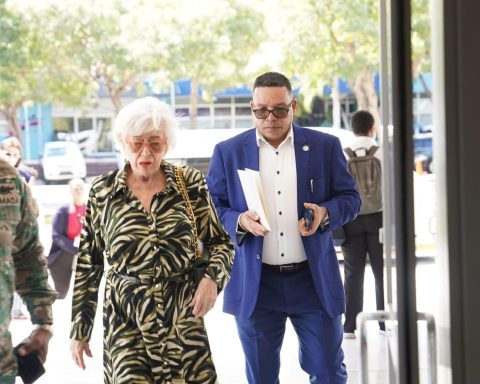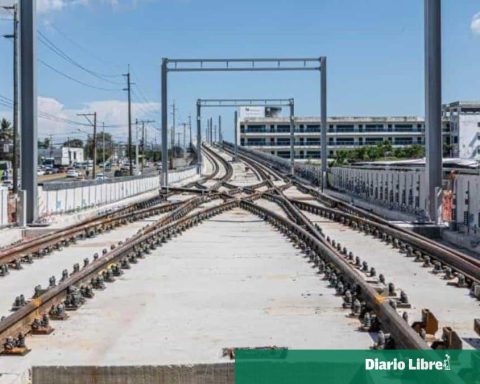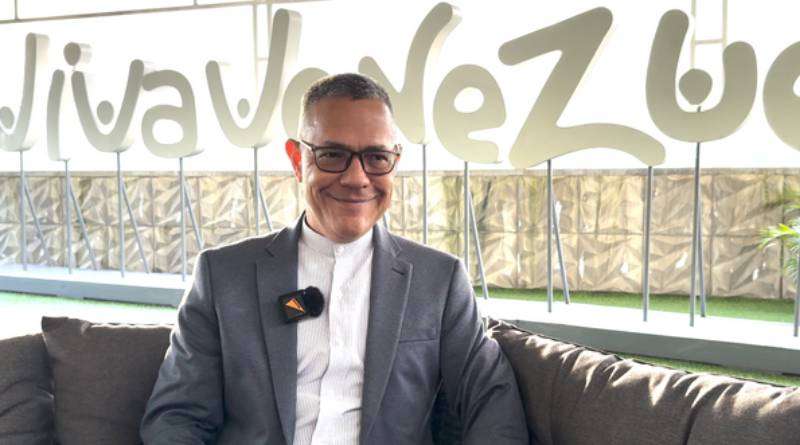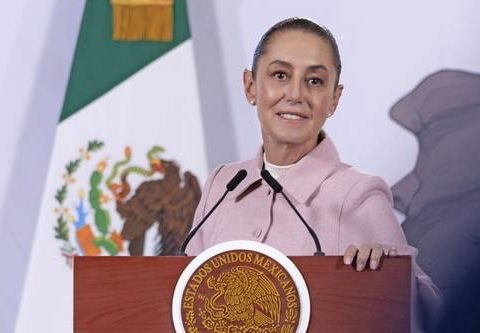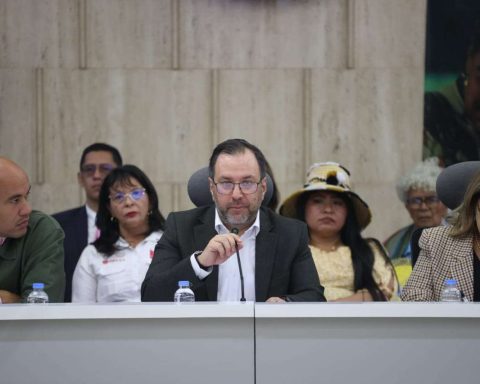In an analysis of the challenges and opportunities faced by the Dominican Republicthe president of National Council of the Private Company (Conep), Celso Juan Marranziniand its executive vice president, César Dargam, stressed the need to promote formalization of companies and workers, and prioritize reforms in key sectors such as education and taxation.
Marranzini highlighted that, although the investment in education has grown exponentially in the last 12 years—doubling as a proportion of GDP since 2012—advances in educational quality They have not been proportional. This deficit is reflected in the results of national and international evaluations, such as the PISA tests, and in the limited availability of human resources with the competencies that companies demand, particularly in a global context of technological transformation accelerated.
“This is also manifested in the human resources we have versus what the country is needing Above all, when we see this technological transformation that the world suffers,” said Marranzini.
He emphasized that the education It is an essential component for the productivity that needs a country.
He said that it is urgent to “focus” not only on spending, but on educational quality.
RELATED
He assured that this should be a goal shared by everyone: governmentbusiness sector and civil society. Furthermore, he pointed out that the training of teachers and strengthening their teaching capacity are essential to achieve this.
On the other hand, César Dargam, executive vice president of the Conepsaid that the lack of training Adequacy particularly affects sectors with high technological complexity and rapid evolution, such as technological industries and free zones. This gap is especially worrying given the role that the business sector plays in job creation and the economic transformation of the country. country.
He said that a year ago in the Business Convention from the Conepfour priority areas have been identified to improve the quality of the human capitalincluding the strengthening of the training early, detailing that the education initial learning, particularly in mathematics and literacy, is essential to lay the foundation for future learning. Also, the Conep proposes improvements in educational institutions and focus on technical-professional training.
Dargam emphasized that not all market demands require university degrees. Although profiles such as programmers, laboratory analysts, agronomists and veterinarians are increasingly necessary.
Another point is the alignment of the education superior with market demands. He said that there is an oversupply of graduates in areas such as law and business administration, while there is a high demand for professionals in STEM (science, technology, engineering and mathematics).
Conep has positively evaluated the performance of 2024, highlighting solid economic growth, estimated at around 5%. Key factors such as remittances, exports, foreign investment and sectors such as tourism and mining have shown outstanding performance, consolidating a favorable outlook for the country.
Furthermore, the year was marked by a high level of activity due to the municipal and presidential elections, a busy legislative agenda and the debate around a constitutional reform. This context has allowed us to reflect and plan strategies to continue advancing in the year 2025.
The private sector has maintained an environment of trust, which is reflected in the investments made and announced. This dynamism is essential, since almost 89% of investments in the country come from this sector, directly impacting job creation.
Trust has been an important element for the business sector, both internally and externally. Internally, dialogues between businessmen were strengthened, which made it possible to align positions around the main issues on the national agenda. Externally, this trust facilitated interaction with the government, political actors and civil society.
An ambitious future
He Conep specifies that the 2036 goal of doubling the size of the dominican economyis achievable, but it is an objective that will depend largely on having a human capital trained and adapted to the needs of the market. However, he cautions that the results of any educational policy require time to materialize, which makes it even more urgent to initiate the necessary reforms.
Although congressmen and experts have tipped the balance towards keeping unemployment unchanged in the draft reform of the Labor Code, the National Council of Private Enterprise (Conep) claims to have found “receptivity” in the proposals that employers have presented to modify it, in order to reduce the labor costs generated by complying with this right.
“We do not see a conflict, and, in fact, the statements of both Milton Ray Guevara and Rafael Alburquerque – of knowing about the layoff a year after the new code was approved – what they suggest is the possibility of reaching agreements,” stated its executive vice president, César Dargam.
When speaking with journalists from this medium in a Free Dialogue, the executive indicated that the proposal of both former secretaries (ministers) of Labor contemplates the time in which the issue should be taken up again, and that Conep’s position is that this time should be taken advantage of. now to achieve a “truly modernizing” reform project.
He recalled that Conep has delivered to the Senate Commission studying the labor reform up to 10 different proposals to address unemployment without excluding it from the Labor Code, among which are setting a limit of six years for new employees, as well as such as placing a maximum amount on severance pay, equivalent to 10 times the minimum wage of the labor sector to which the employee belongs.
Currently, severance is considered as an indefinite eventual right, calculated on the basis of the salary that the employee has earned in the last year.
The Senate commission, chaired by legislator Rafael Barón Duluc, will submit a report to the plenary session of the Upper House starting in 2025. This report must be submitted for approval in two consecutive sessions. If it passes, the project to reform the Labor Code will then go to the Chamber of Deputies to complete this same process.




